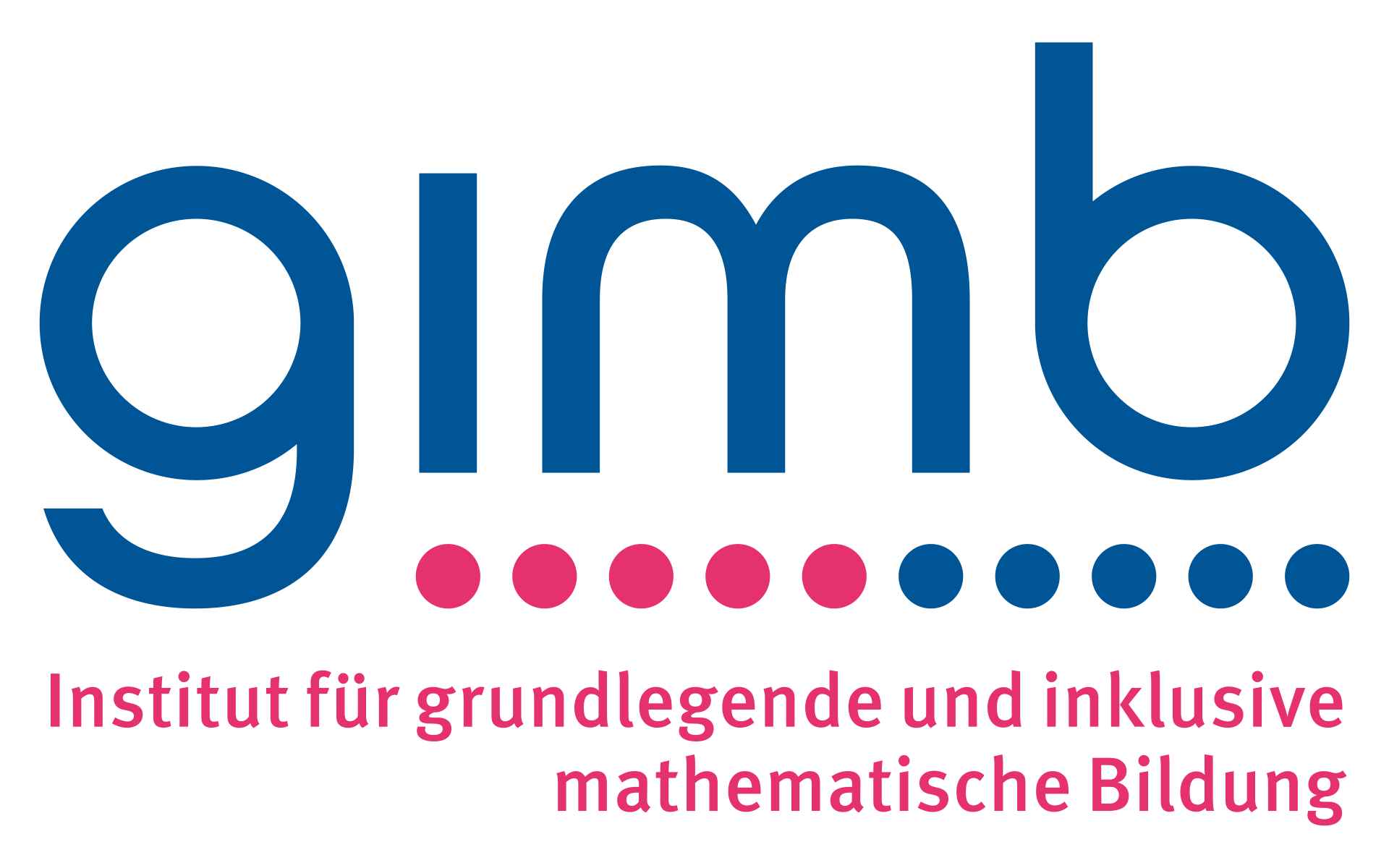Theme and Sub-Topics for IASE Satellite 2025
Theme: “Statistics and Data Science Education in STEAM”
The theme "Statistics and Data Science Education in STEAM" emphasizes the critical role of statistics and data science in shaping education across all STEAM disciplines and all educational levels including teacher education. As data-driven decision-making becomes increasingly essential, integrating statistical and data science skills with STEAM education empowers learners to solve complex problems, innovate, and make informed decisions in diverse fields. This theme explores the ways in which we can foster interdisciplinary learning, equipping students with the analytical and critical thinking abilities required in today’s data-centric world. Given that definitions of data science are still evolving, discussions at the IASE Satellite conference may focus on developing a shared understanding of what data science encompasses from a statistics education perspective. We invite submissions related to the following topics:
Topic 1: Harnessing STEAM Contexts to Ignite Inquiry in Statistics and Data Science
This topic explores how the integration of science, technology, engineering, arts and mathematics (STEAM) can spark curiosity, deepen engagement and add context to statistical and data science learning. When problems are rooted in interdisciplinary contexts, students are empowered to approach data-driven inquiries driven by problems that exist in STEAM contexts. This topic highlights how STEAM-based learning environments can transform the exploration of statistics and data science into a more dynamic, imaginative, and impactful educational experience.
Topic 2: Enhancing STEAM Education through Modelling in Statistics and Data Science
This topic focuses on the role of modelling in education, exploring how students can develop the ability to construct, refine, and analyze models to understand and predict outcomes in various STEAM disciplines. This topic aims to bring together educators, researchers, and practitioners to share innovative methods, tools, and strategies for using modelling in ways that promote deep understanding and application across STEAM subjects.
Topic 3: Advancing Educational Practices to Enhance Understanding in Statistics and Data Science
This topic aims to showcase and explore forward-thinking strategies, techniques, and models for teaching statistics and data science at K-12, undergraduate, and graduate levels. Submissions under this topic should investigate new approaches, teaching and assessment methods, and instructional design practices that push the boundaries of traditional classroom instruction. We encourage submissions that demonstrate creativity, foster deep engagement, and promote critical thinking in the intersection of statistics, data science, and other STEAM disciplines.
Topic 4: (re)Defining Literacy in the Age of Data
In today’s rapidly evolving digital landscape, the concept of literacy is undergoing a profound transformation. In this topic, we explore the evolving definitions of literacy that incorporate attention to a range of literacies (e.g., data, statistical, digital, visual, critical, ethical communicational, ethical, interdisciplinary, algorithmic, Artificial Intelligence) and how educators are developing these critical literacies in students to prepare them for success in a complex, data-driven world. We invite submissions on how to broaden our understanding of literacy and strategies for fostering these multiple literacies in a way that empowers students to think critically, communicate effectively, and solve problems creatively with the use of data in interdisciplinary contexts.
Topic 5: Innovating and Expanding the Boundaries in Statistical and Data Science Education
This topic encourages contributions that challenge the status quo, breaking away from conventional pedagogies and disciplinary silos to create new opportunities for interdisciplinary learning, creativity, and international collaboration as well as incorporating Generative Artificial Intelligence as personal tutors for students. We are particularly interested in papers that explore how expanding boundaries can foster inclusivity, adapt to the digital age, and empower students to solve complex real-world problems including Work Integrated Learning. Submissions may draw from a range of areas, including but not limited to leveraging emerging technologies, expanding access and inclusivity, rethinking assessment, and innovations that have ethical and broader societal impact.
Topic 6: Fostering Probabilistic Thinking
In today’s world, society grapples with numerous challenges including climate change, economic volatility, pandemics and various social issues such as mass migrations, gender-based violence and lack of inclusivity and diversity. As probability plays an increasingly crucial role in navigating these complex issues, strengthening education in probability can empower students with the reasoning and critical thinking skills necessary for evidence-based decision making. Foundational concepts in data science, such as machine learning, are closely tied to probability, underscoring its relevance in addressing real-world problems. We invite submissions on approaches to developing probabilistic thinking and decision-making rooted in probability, articulation of probabilistic approaches (theoretical, frequentist and subjective) and ways to help students overcome barriers to learning probability.


